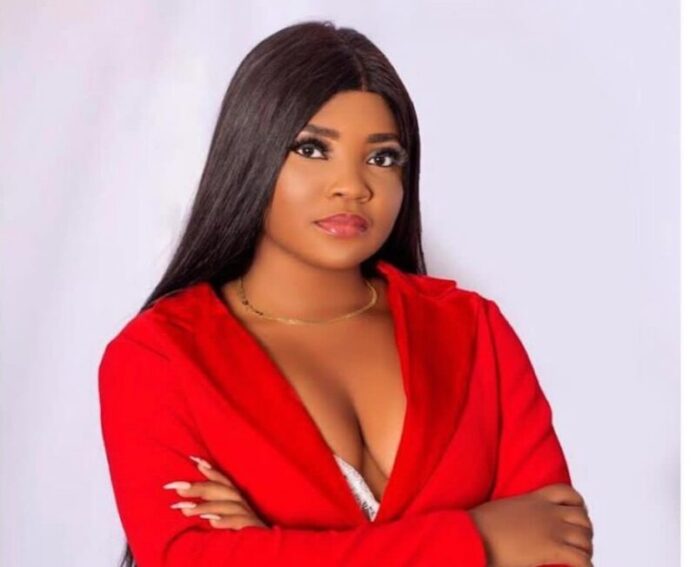The African music scene has been dominated in recent years by two popular genres, Afrobeats and Amapiano.
These genres have gained international recognition, with artists garnering millions of streams, collaborating with global superstars, and performing in sold-out arenas around the world.
However, there is a growing conversation within the industry about the need to showcase and promote other genres that have been historically underrepresented.
Genres like highlife, hip hop, gospel, reggae, jazz, and fusion genres often do not receive the same level of attention when discussing African music’s global impact.
As someone deeply involved in the African entertainment landscape, I believe it is time to broaden the narrative of African music.
While Afrobeats and Amapiano have taken center stage, other genres have the potential to offer fresh perspectives and unique sounds that have yet to be fully explored by the world.
To achieve this, the African music industry must support emerging artists in these other genres. This includes investment from record labels, managers, promoters, and media in nurturing talent outside of the mainstream genres.
Creating platforms for artists in these genres to showcase their work is essential. Music festivals, radio, TV stations, and digital platforms should diversify their playlists to include a variety of genres beyond just Afrobeats and Amapiano hits.
Furthermore, there is a need for more music events that celebrate the rich diversity of African music. Collaboration between African artists and international stars across all genres can help elevate their profiles and introduce a wider audience to these sounds.
Digital platforms such as Spotify, Apple Music, YouTube, and social media can also be utilized to amplify the voices of artists in lesser-known genres.

